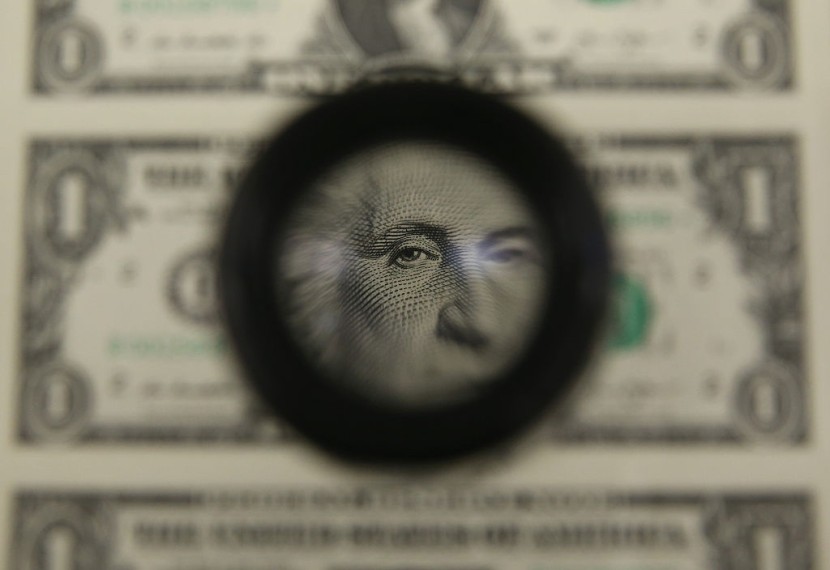
Parents might see a doubling Child Tax Credit payment in February if the Build Back Better bill is passed in January.
According to several news sites, even if the law passes early in the year, a "near-certainty" that there would be no advance CTC payments for January. If the amended BBB includes an extension of the advanced Child Tax Credit, which White House press secretary Jen Psaki seemed to be bullish about.
Why may you get doubled amount in CTC stimulus payment?
Parents might get $600 for each kid under the age of six in February, and $500 per child between the ages of six and seventeen, if the advance CTC continues in its present form in the BBB. During the first six months of 2021, the payments would return to the monthly amount that parents had been receiving for the previous six months of the year.
The advanced CTC, as well as several other aspects of the BBB, are currently under jeopardy. A charge led by Sen. Joe Manchin (D-WVa.), whose vote is essential for the BBB to pass, might compel his fellow senators to cut back on much of the bill's social spending and other measures in order to get it passed.
According to a research by Columbia University's Center on Poverty and Social Policy, the advance CTC payment in November helped keep 3.8 million children out of poverty, with the total child poverty rate falling from 12.8 percent to 12.2 percent between October and November, according to Yahoo News.
The IRS starts hearing inquiries
Instead of the numbers stated in the letters, it has been sending, and in the revamped Child Tax Credit site it recently unveiled, the Internal Revenue Service is urging people to use the information in their online taxpayer accounts for the most up-to-date figures on the amount of the advance Child Tax Credit to include on their tax returns.
The most up-to-date information will be accessible on Monday, according to a fact sheet released by the IRS on Friday. According to the IRS, you may locate the Advance Child Tax Credit payment information you need to submit your 2021 tax return in your online account starting Monday, January 31. Use the amount in Letter 6419 sent by mail until then. Use the Child Tax Credit Portal's payment information instead.
On the first day of the tax season, on January 24, reporters began asking the IRS why some of the letters it was sent to taxpayers who had received their monthly Child Tax Credit payments appeared to have inaccurate numbers. The IRS says the differences are minor and largely affect taxpayers who have changed residences and haven't received their payments, or whose direct deposit hasn't worked because their bank accounts have changed, as per Accounting Today.
Child Tax Credit expiration will bring burden to American families
The improvement aided in reducing child poverty, which has been hailed by Joe Biden and other Democrats in Congress. According to estimates from Columbia University's Center on Poverty & Social Policy, 3.7 million children were lifted out of poverty in December, including 737,000 Black children, 1.4 million Latino children, and 1.4 million White children.
Child poverty is expected to have decreased by approximately 30% as a result of the credit. According to the center, without payment in January, the monthly child poverty rate might rise from 12.1 percent in December to 17.1 percent in January, the highest level since December 2020.
The expanded credit's expiry comes at an especially difficult moment for families. Inflation is driving up costs, notably food prices, and the rapidly spreading Omicron COVID-19 variant has prompted many individuals to take time off work because they or their loved ones are unwell, forcing them to miss work, CNN reported.
Related Article : You Might be Qualified for Another $1,400 Stimulus Check; Watch Out for IRS Letter To See If You Are Eligible for More Payments!








